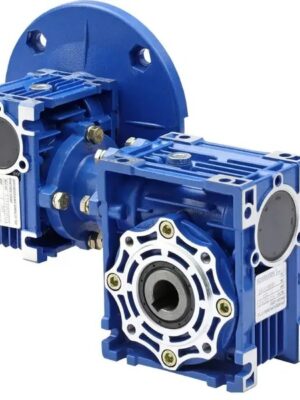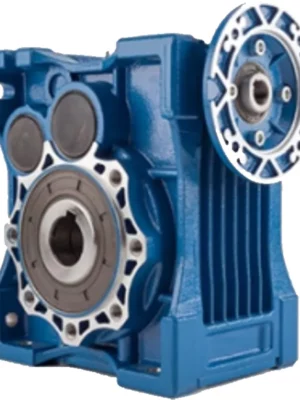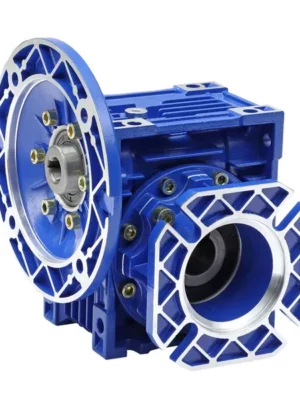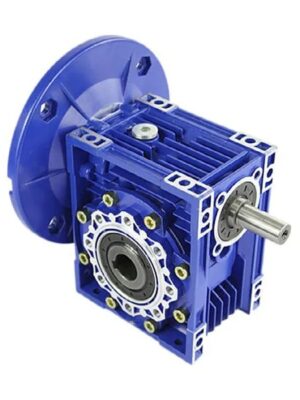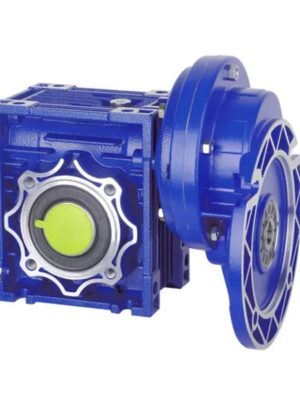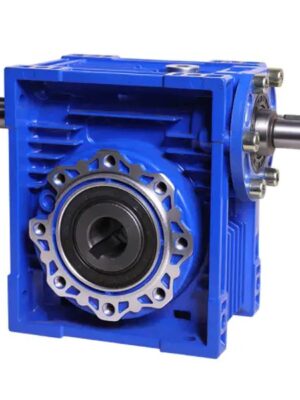Worm gearboxes are an essential component of many industrial machines. They are used to transmit power and motion between two perpendicular shafts. The worm gearbox is a type of speed reducer that can provide a high reduction ratio in a relatively small package. The aluminum worm gearbox is an excellent choice for applications that require a lightweight, corrosion-resistant, and cost-effective solution. The purpose of this article is to explore the thermal capacity of an aluminum worm gearbox.
Introduction
The thermal capacity of a gearbox is the amount of heat that the gearbox can dissipate without causing damage to its internal components. This is an important consideration when designing a gearbox because excessive heat can cause premature wear and failure of the gearbox. The thermal capacity of a gearbox depends on several factors, including its size, material, lubrication, and operating conditions.
Construction of an Aluminum Worm Gearbox
The aluminum worm gearbox is constructed using high-strength aluminum alloy. This makes it lightweight and corrosion-resistant. The gearbox consists of a worm and a worm gear. The worm is a screw-like shaft that meshes with the worm gear, which is a cylindrical gear. The worm and worm gear are made of hardened steel to provide strength and durability. The gearbox housing is also made of aluminum alloy and is designed to dissipate heat efficiently.
Thermal Capacity of an Aluminum Worm Gearbox
The thermal capacity of an aluminum worm gearbox depends on its size, material, lubrication, and operating conditions. A larger gearbox will have a higher thermal capacity than a smaller gearbox. A gearbox made of aluminum alloy will have a lower thermal capacity than a gearbox made of steel. Proper lubrication is essential to dissipate heat and reduce friction. The operating conditions, such as the speed and torque of the gearbox, will also affect its thermal capacity.
Factors that Affect the Thermal Capacity of an Aluminum Worm Gearbox
Size of the Gearbox
The thermal capacity of a gearbox is directly proportional to its size. A larger gearbox will have a higher thermal capacity than a smaller gearbox. This is because a larger gearbox has more surface area to dissipate heat.
Material of the Gearbox
The material of the gearbox also affects its thermal capacity. A gearbox made of aluminum alloy will have a lower thermal capacity than a gearbox made of steel. This is because aluminum has a lower thermal conductivity than steel.
Lubrication
Lubrication is essential to dissipate heat and reduce friction in a gearbox. Proper lubrication can increase the thermal capacity of a gearbox. The type of lubrication used, such as oil or grease, can also affect the thermal capacity.
Operating Conditions
The operating conditions of the gearbox, such as the speed and torque, also affect its thermal capacity. Higher speeds and torques generate more heat, which can reduce the thermal capacity of the gearbox. Proper cooling and ventilation can help dissipate heat and increase the thermal capacity.
Conclusion
The thermal capacity of an aluminum worm gearbox is an important consideration when designing a gearbox for industrial machines. The thermal capacity depends on several factors, including the size, material, lubrication, and operating conditions. A larger gearbox made of steel with proper lubrication and ventilation will have a higher thermal capacity than a smaller gearbox made of aluminum alloy without proper lubrication and ventilation.
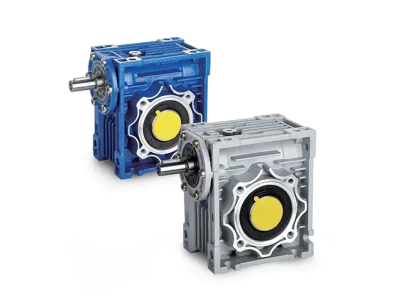
Electric motors for Sale
The aluminum worm gearbox is often paired with an electric motor to provide power and motion to industrial machines. The gearbox and electric motor are complementary components that work together to achieve optimal performance. Our company provides high-quality aluminum worm gearboxes and electric motors for sale. We offer a wide range of products to meet the needs of various industries. Please feel free to explore our products and contact us for any inquiries or purchases.
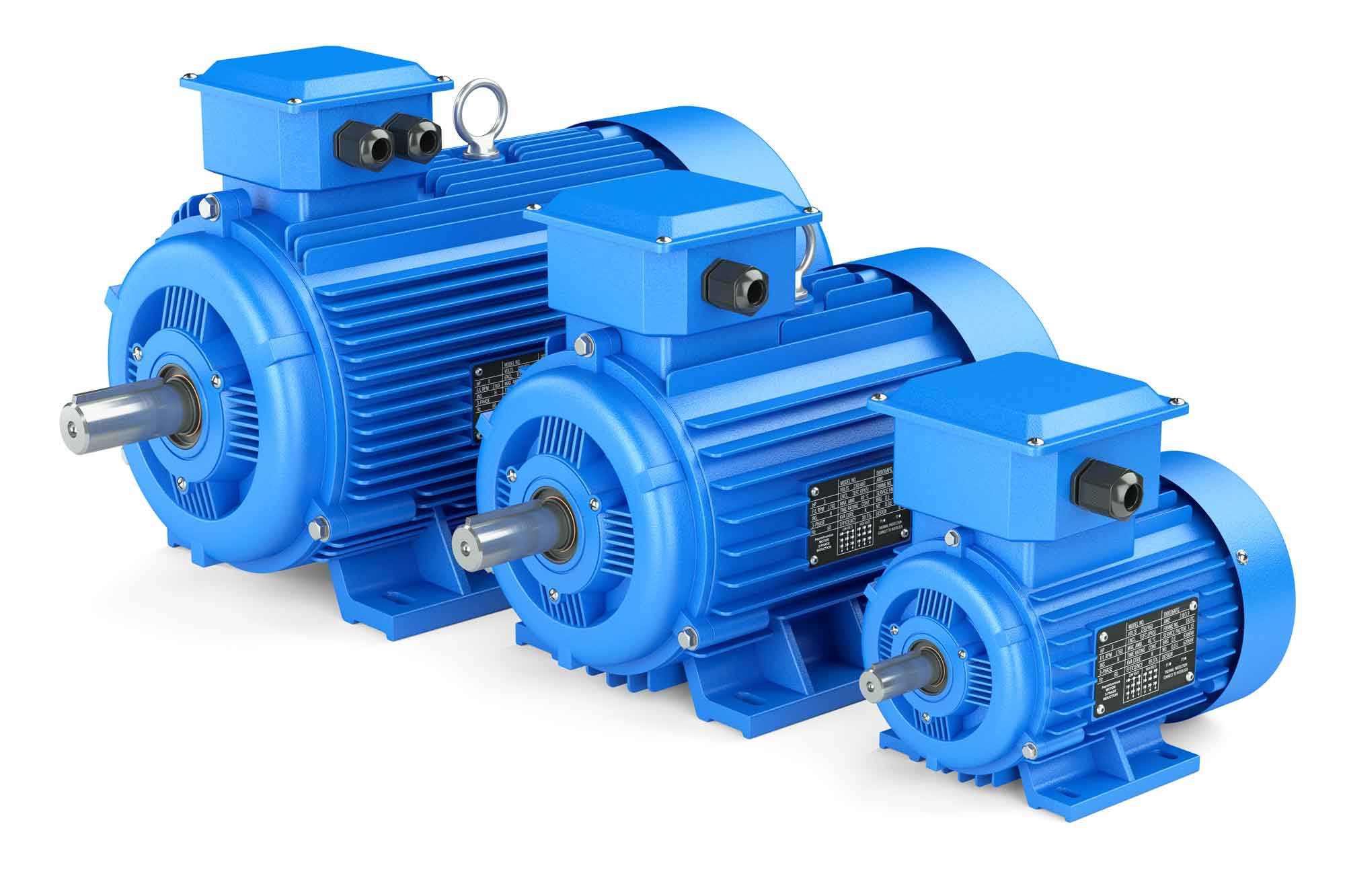
About Us
We are a comprehensive transmission equipment manufacturer integrating research and development, manufacturing, and sales of speed reducers. With over 25 years of experience in the design, production, manufacture, and sales of gearboxes, we have served customers in Europe, America, Africa, Asia, and other regions and won the praise of the market. Our consistent mission and vision over the years have led us to introduce advanced production and testing equipment at home and abroad. We have employed industry professionals and technicians to carry out innovative research and development and manufacturing. We use standardized production management methods to strictly control every aspect of the production of reducers. Over the years, we have provided customers with high-quality, high-energy-efficiency, high-stability production of gearboxes. Our gearboxes are widely used in equipment industries, food industries, car washing industries, packaging industries, transmission industries, automation industries, solar energy industries, and other industries. We are dedicated to providing our customers with the highest quality products, the most competitive prices, and the best service. Welcome and trust by customers.
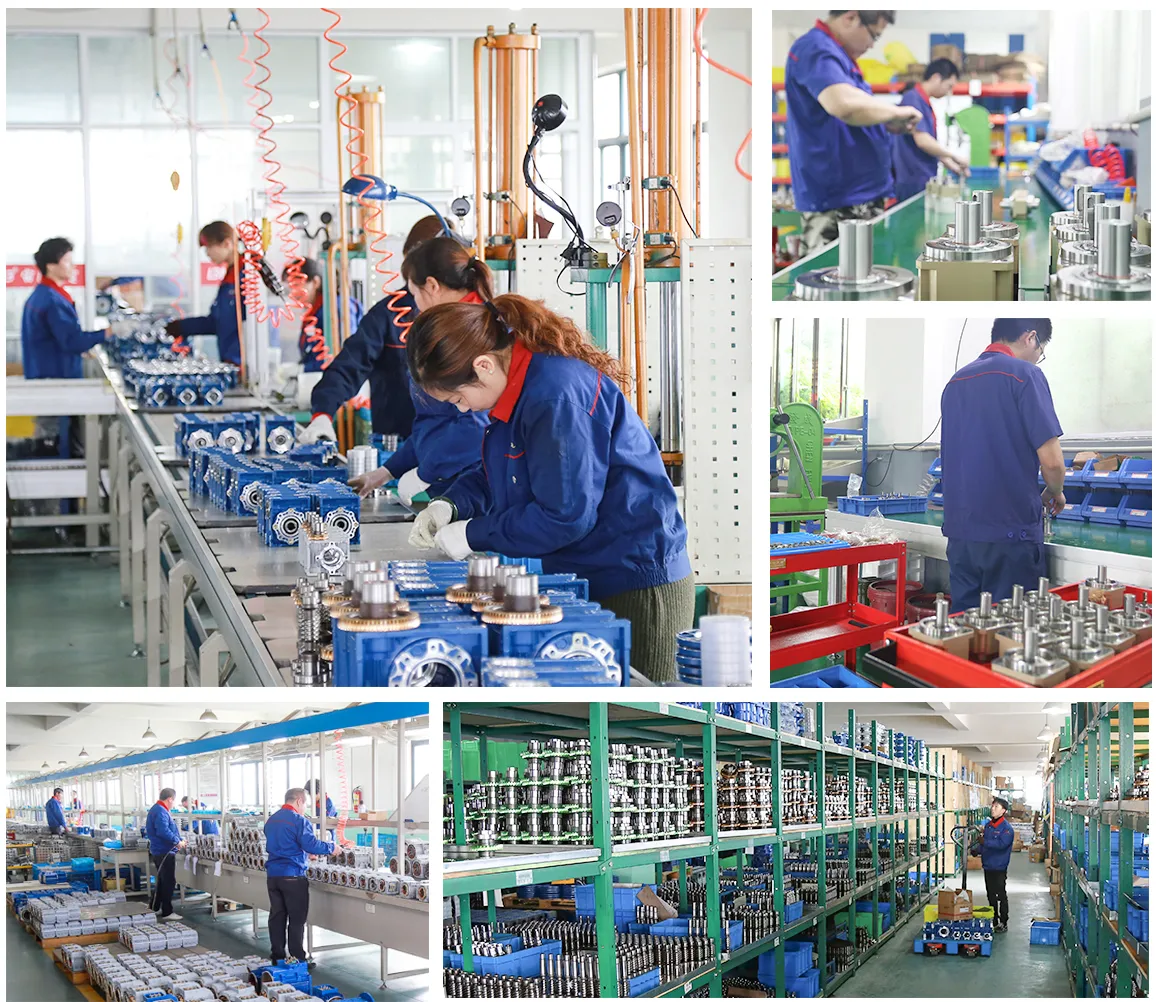
Q&A
Q: What is the maximum torque that an aluminum worm gearbox can handle?
A: The maximum torque that an aluminum worm gearbox can handle depends on its size, material, lubrication, and operating conditions. A larger gearbox with proper lubrication and ventilation can handle a higher torque than a smaller gearbox without proper lubrication and ventilation.
Q: Can an aluminum worm gearbox be used in high-temperature environments?
A: Yes, an aluminum worm gearbox can be used in high-temperature environments. However, the thermal capacity of the gearbox must be considered, and proper cooling and ventilation must be provided to dissipate heat.
Q: Is an aluminum worm gearbox suitable for food processing applications?
A: Yes, an aluminum worm gearbox is suitable for food processing applications. It is lightweight, corrosion-resistant, and can withstand high-pressure washdowns.
Q: What is the typical lifespan of an aluminum worm gearbox?
A: The typical lifespan of an aluminum worm gearbox depends on its size, material, lubrication, and operating conditions. With proper maintenance and lubrication, an aluminum worm gearbox can last for many years.
Q: Can an aluminum worm gearbox be repaired if it fails?
A: Yes, an aluminum worm gearbox can be repaired if it fails. However, it is often more cost-effective to replace the gearbox rather than repair it.
Edited by: Zqq.

